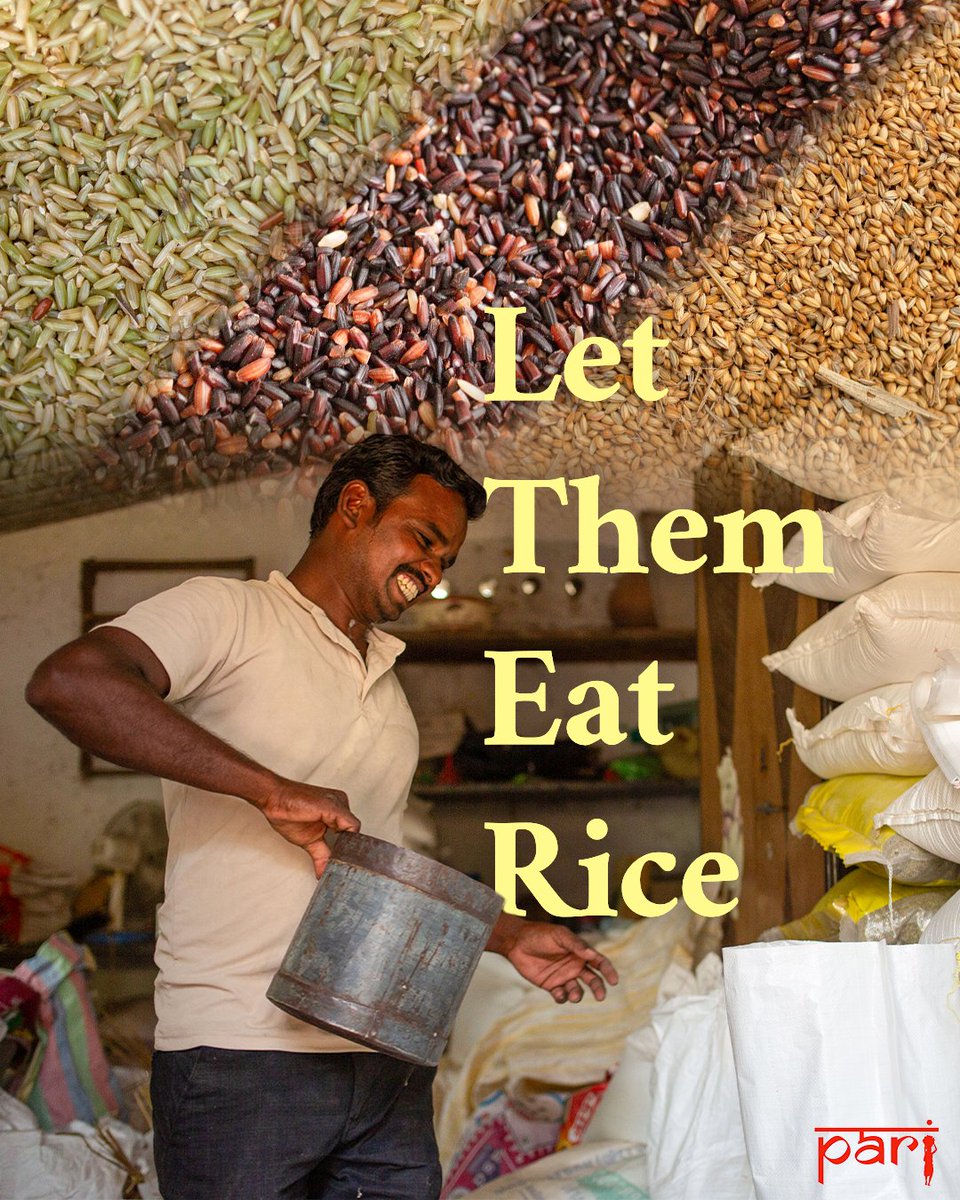The #PradhanMantriFasalBimaYojana is a govt-sponsored crop insurance scheme meant to provide #insurance coverage to farmers in the event of crop failure due to natural calamities, pests & diseases. Read about the deeply flawed nature of this #policy & it's actual beneficiaries👇 

An #RTI inquiry reveals #insurance companies are the main benefeciaries of these schemes. Without making any financial #investment,these companies have raked in a massive profit of Rs.15,795 crore in the 2 yrs since the implementation of #PMFBY. #disastercapitalism @NaomiAKlein
While the farmers’ wait for increase in #income continues, the profit of #insurance firms increased by 1.5x in just 1yr of the introduction of the PMFBY. While #profits of these companies are skyrocketting, the no. of insured #farmers is rapidly declining. bit.ly/2IM0XsR
Permitting a huge hidden transfer of #public money to private insurers during times of serious farmer distress,@PSainath_org explains why the PM Fasal Bima Yojana will be a bigger #scam than the #Rafale deal in terms of free handouts to #corporations. bit.ly/2VBO9L7 

• • •
Missing some Tweet in this thread? You can try to
force a refresh






















